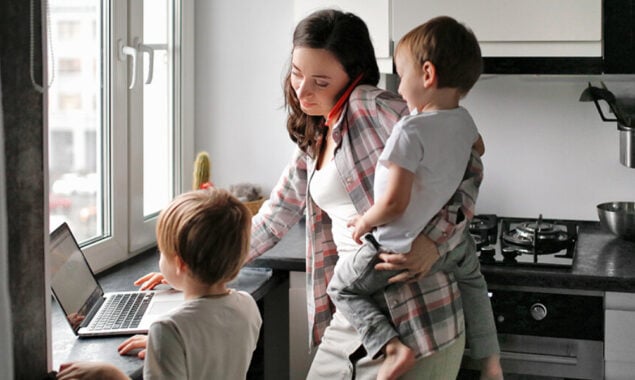
How Can Women Help In Managing House Hold Expense At Home
Pakistani households predominantly see men at the helm of financial affairs. One of the reasons is that women themselves don’t prefer to handle the money matters. Many believe that it is only the men’s responsibility to earn as men are the ‘provider’ and needs to do so, but the truth is the opposite. Women have been stereotyped into certain things such as being spendthrifts, and lack knowledge about finance. But various studies show women have been effectively managing household expenses and budgeting for a very long time.
“Inequality in opportunity and in working Pakistan’s barriers against women’s economic empowerment generally include lack of gender-sensitive policies, income inequality, attitudes/harassment at workplaces, and stereotypes defining women’s role in society,” says Sehrish Ahmed, member of the Consumer Association of Pakistan. For those already stepping into the workforce, however, additional barriers include a lack of gendered infrastructure at workplaces, gender pay gaps, limited mobility, and scarcity of public toilets, denial/discrimination of professional development and leadership opportunities, job security, and other occupational hazards.

How to bring the change
For this to become a reality in Pakistan, both traditional and emerging occupational barriers need to be structurally and systemically addressed, she added.
Out of the only 13.5 million (20 percent) women taking part in Pakistan’s labour force, seven million women working in agriculture fall under the category of contributing family workers and remain unrecognized and unpaid. The gap between men and women’s earnings has also increased. In 2018-2019, women earned just 18 percent of what men earned. Cultural expectations must also be addressed, as they contribute to women’s ‘time poverty’. For example, women in Pakistan spend nearly 10 times the hours as men in unpaid care work.
“Meanwhile, in all too many households, women are compelled to give all their earnings to their family and have no financial independence or freedom to spend as they choose. This perpetuates a vicious cycle of silent exploitation and abuse – one where women are made to be completely dependent upon male family members for good,” Sehrish states.
“Ask them questions and educate yourself if you think you don’t know certain nuances. Get started with knowing the family’s financial dynamics. Analyzing each other’s habits with a partner to create a perfect plan for each other and go from there,” she concludes.

Reviews are taken from Sehrish Ahmed. She is a youtuber, philanthropist and a feminist working towards the betterment of Pakistan and for women empowerment under the umbrella of Consumer Association of Pakistan along with Chairman CAP Kaukab Iqbal.
Read More News On
Catch all the Lifestyle News, Breaking News Event and Latest News Updates on The BOL News
Download The BOL News App to get the Daily News Update & Follow us on Google News.




